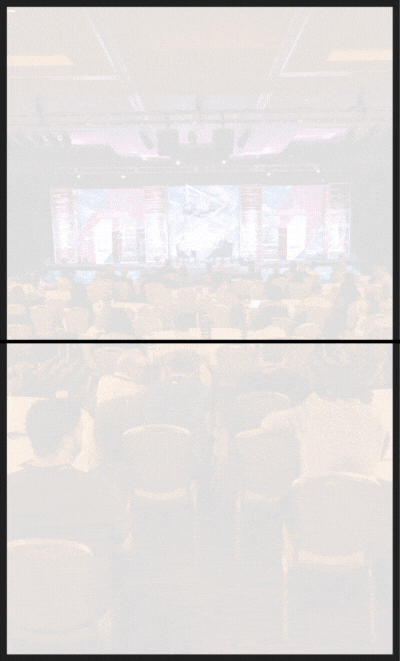This article was originally published in the April 2017 issue of Podster Magazine.

Nora talks about loss, life, and love with candor, encouraging us to get comfortable with uncomfortable subjects.
PODSTER: You begin Episode 0 by sharing that in 2014 in the span of about two months you miscarried your second child, your dad died, and then your husband died. And then how you fell in love again and had another baby and all of the complicated emotions you’ve had around all of that. I feel so tenderly toward you for sharing this that I really just want to hug you instead of asking a question about how it felt/feels to endure so much loss. You’ve put it all out there in Episode 0 so I will just direct readers there and begin here on a happy note: You and your first husband named your son Ralph. How did you arrive at that name?
NORA MCINERNY: I would love a hug! Hugging is my favorite thing in the world besides crying, probably. Our Ralph, also known as Ralphie, is named for my uncle, Ralph McInerny. The original Ralph was a brilliant writer and philosopher, and a really kind and sweet man.
PODSTER: You end that episode by saying, “So enough about me; let’s talk about you. All of you, and how you’re feeling.” How do you get people to talk about how they are really feeling when we’re trained to answer that question with “fine”?
NORA: The podcast idea started with my inbox, which is and has been filled with people’s stories. I think people want to talk about things, they are just looking for an opportunity, whether that’s among friends or on a podcast. We’re afraid to make other people uncomfortable— either by bringing up their problems or our own—and that discomfort perpetuates silence around these issues that we all face. Having uncomfortable conversations is something people need. That’s how we connect.
PODSTER: In Episode 1 you talk to your friend Moe, whose husband committed suicide when their son was three. Is it ever hard to talk about such personal subjects when you are recording them to be shared publicly?
NORA: The conversations we record for the podcast are just conversations: it’s me and another person (and our producer, Hans). We don’t sit down and say, “hey! Don’t forget, you’re talking to THOUSANDS OF PEOPLE!” so the interactions still feel intimate, because they are.
PODSTER: Episode 2 features a young woman who got a big break by getting an assignment from the New York Times early in her career but blew it by making a careless error. How did you find her and her story and what interested you about it?
NORA: Eva reached out to us via email. She said she had a professional issue she wanted to talk about, something she had never discussed publicly before. It was a story that was unique, but with elements that anyone can relate to a careless moment that haunts you for years, that you obsess over at night, that gets worse every time you think about it.
PODSTER: What are some other stories/ topics you’ll be covering in TTFA?
NORA: Every day (I’m not exaggerating), we get new topics sent to us through email (ttfa@americanpublicmedia.org) or Twitter (@ttfpodcast) or Facebook (Terrible, Thanks for Asking). We have stories about all kinds of human hardships, and we will never run out of topics.
PODSTER: How are you doing at this very moment?
NORA: Right this second, I am typing with one hand while my 3-month-old son drools on my shoulder, his four-year-old brother is snarfing down a peanut butter sandwich, his ten-year-old sister is cross-stitching, and his 15-year-old brother is kicking a soccer ball around the living room. I’m as good as I can possibly be.
This article was originally published in the April 2017 issue of Podster Magazine.



Join the Movement